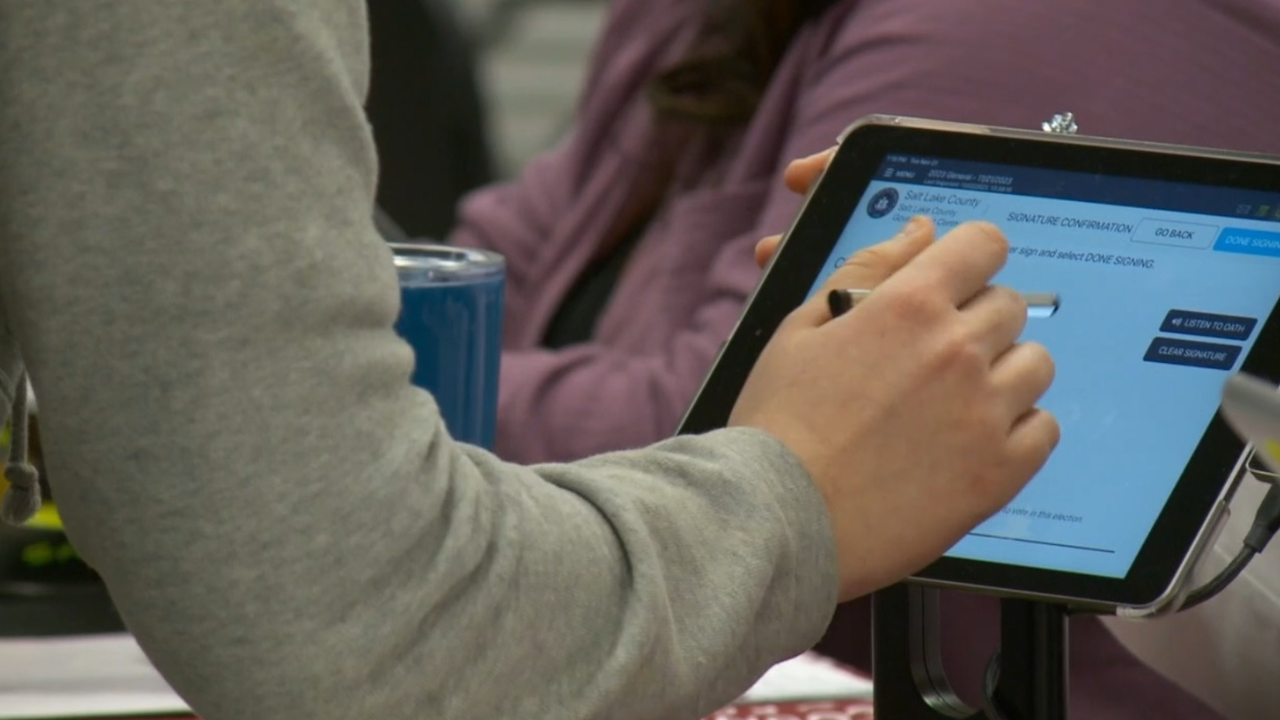SALT LAKE CITY — A House committee advanced a bill that seeks to abandon a pilot project to try ranked choice voting in the state.
The House Government Operations Committee voted 7-4 to support House Bill 290, which would repeal ranked choice voting in cities across Utah. The pilot project, which allowed municipalities to opt in to use the alternative form of voting, would have run until 2026. Under HB 290, it would end this year.
Rep. Katy Hall, R-South Ogden, argued the pilot project was not showing signs of success and there were issues with ranked choice voting. But she faced pushback from some who testified in support of it, including the League of Women Voters of Utah and Salt Lake City Council member Dan Dugan, who was elected in a ranked choice voting election.
"I spoke in opposition to the bill as I believe municipalities should be allowed to make the decision on whether or not to use [ranked choice voting] and to let the pilot program continue," he said.
In a traditional election, voters choose one candidate. Ranked choice voting is where voters rank the candidates in order of preference. Supporters have argued it makes for friendlier campaigns as candidates can no longer rely on their base to secure a victory. But critics say the method is confusing and campaigning is "disingenuous."
"The complications are there for a voting system when we already have issues, when we’re trying to get people to come out and vote. We don’t want to make things more complicated in the voting process," said Whit Cook with the Utah Eagle Forum, who supported the repeal.
Kelleen Potter with Utah Ranked Choice Voting said she was disappointed with the committee's vote.
"We’ve shown with survey after survey that the majority of votes like it. It’s helping voters to see things differently. Candidates campaign differently. We have a challenging political system right now and ranked choice voting is a possible solution," she said.
Stan Rasmussen with the Sutherland Institute, a conservative think tank, was neutral on the bill but wanted the pilot project to continue.
"There are people that like it, people that don't, there’s reasons to be supportive and be contrary to it. We recognize that and let the pilot program run its course," he said.




